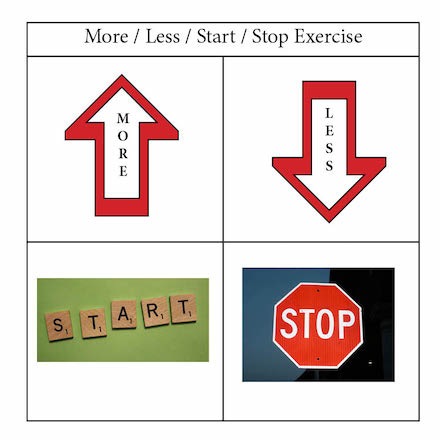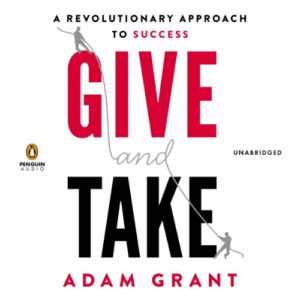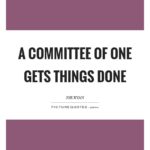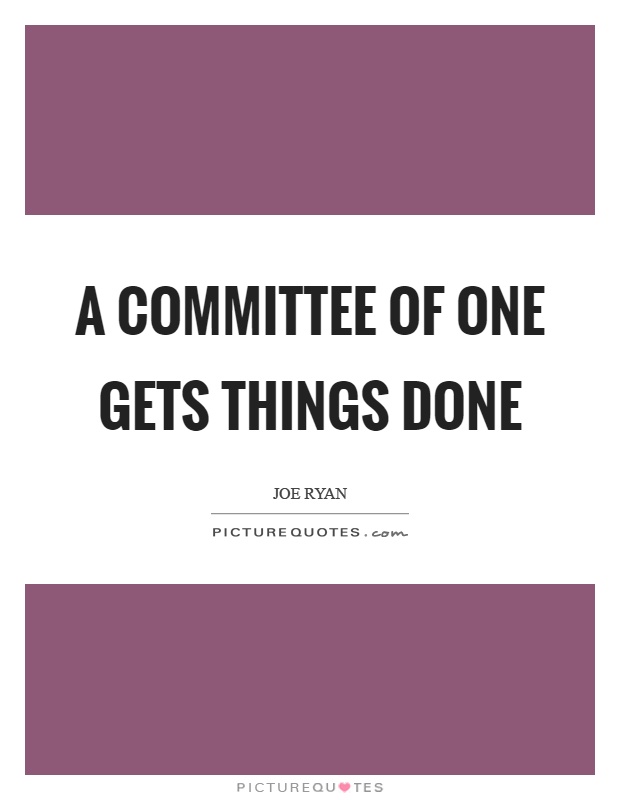“The person who carefully designs their daily routines goes further than the person who negotiates with themselves every day.”
—Shane Parrish, creator of the Farnam Street Blog
By designing daily routines, you create a framework that supports your goals and well-being, reducing the need for constant self-discipline and making it easier to maintain a balanced, productive lifestyle.
Here are a few key benefits of a carefully designed daily routine:
- It reduces the need for constant decision making, allowing you to move from one task to another without wasting time and energy.
- Routines provide structure and predictability, which can significantly lower stress and promote a sense of calm and control.
- Consistent daily habits can boost mental well-being by providing a sense of purpose and stability.
- A daily routine often includes consistent sleep and wake times along with regular exercise — which support improved physical health and overall productivity.
EXERCISE:
How can creating better daily routines help you achieve more in your personal and professional lives?
Where can and will you start today to tap into the magic of momentum offered by these new habits?












